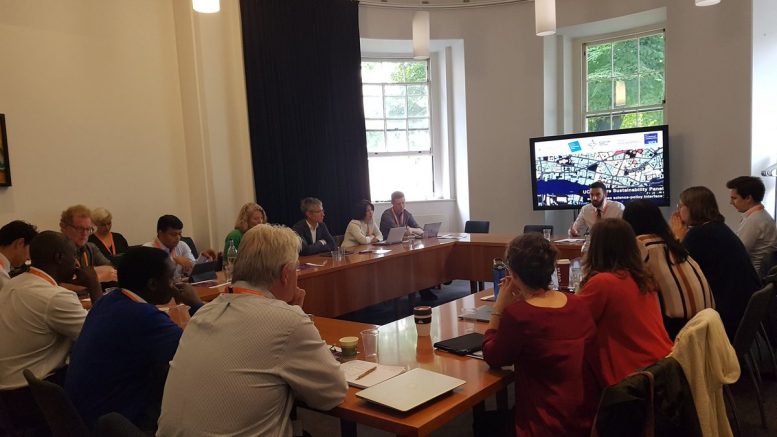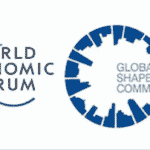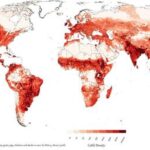|
Getting your Trinity Audio player ready... |
Since 'data-driven' is the globalist mantra, extra attention will be given to data and how to standardize data sets across borders and cultures. Technocrats never have enough data because they believe that social engineering is perfected only by total data collection.









